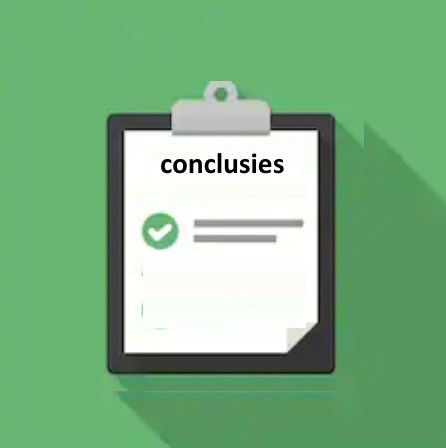
Conclusions

Your text is mostly clear and accurate, but it can be refined for better readability and precision:
The time it takes to master a second language can vary widely depending on several factors, including your native language, the language you're learning, your learning environment, and your prior experience with language learning. The notion of "mastery" can also differ from person to person, depending on whether you aim to achieve fluency, proficiency, or just conversational ability.
The most important aspect is "conversation." This means that even after completing the more theoretical parts (chapters 1 - 5), you should continue practicing to improve your skills further.
Studying in "three-day parts" a week could involve different durations of study sessions. Assuming you're dedicating significant time during these sessions, here's a general guideline based on the Common European Framework of Reference for Languages (CEFR), which is often used to gauge language proficiency:
A1 (Beginner): 60-100 hours
A2 (Elementary): 180-200 hours
B1 (Intermediate): 350-400 hours
B2 (Upper Intermediate): 500-600 hours
C1 (Advanced): 700-800 hours
C2 (Mastery): 1000-1200 hours
If you're studying, for example, three times a week for 2 hours per session, that's 6 hours per week. To reach the A1 level, it might take 10-20 weeks. At the beginning of this course, we suggested a plan of 3 months (12 weeks). For an A2 level, you would need twice that amount of time.
These timelines can be shorter or longer depending on the intensity and effectiveness of your study sessions, whether you're supplementing with immersion experiences, and your personal aptitude for language learning.
Designed with Mobirise - Read more